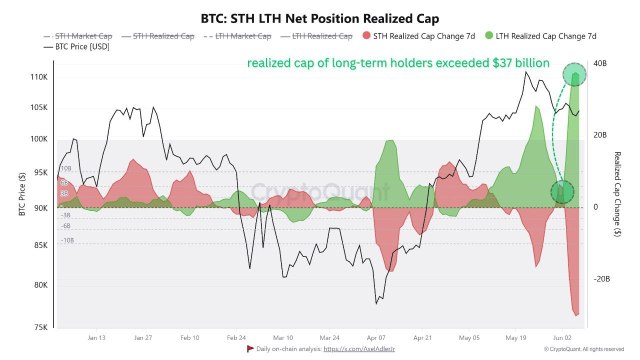
The Impact of Tokenized Stocks on the Crypto Ecosystem: Insights from Dragonfly’s Rob Hadick
As the world of finance continues to evolve, tokenized stocks are emerging as a significant topic of discussion. Recently, Rob Hadick from Dragonfly Capital shared his thoughts on the implications of tokenized stocks for the broader cryptocurrency landscape. While there is excitement surrounding the potential of these digital assets, Hadick warns that the benefits may not be as substantial as many hope.
Understanding Tokenized Stocks
Tokenized stocks are digital representations of traditional company shares that are built on blockchain technology. This innovation aims to enhance accessibility, liquidity, and efficiency in trading. However, as institutions begin to explore the creation of private blockchains for these tokenized assets, the conversation takes a turn.
Institutional Adoption and Its Challenges
Hadick points out that while institutional players are keen on tokenized stocks, their approach often leads to the development of private blockchains. These networks operate in isolation from the public blockchain ecosystem, resulting in what Hadick refers to as “leakage.” This term highlights the concern that the full potential of blockchain technology may not be realized if institutions limit their operations within closed systems.
The Risk of Fragmentation
One of the primary risks associated with private blockchains is fragmentation. When various institutions create their own isolated environments for trading tokenized stocks, it can lead to a disjointed ecosystem. This fragmentation may hinder the overall growth and adoption of cryptocurrency, as the innovation and interoperability that blockchain promises could be stifled.
Potential Benefits vs. Reality
While the concept of tokenized stocks is attractive, Hadick emphasizes that the anticipated benefits might not fully materialize. The promise of increased liquidity and broader access to investments could be overshadowed by the limitations imposed by private blockchains. Institutions might miss out on leveraging the advantages of a more integrated and public blockchain system, which could ultimately benefit the entire crypto ecosystem.
Looking Ahead
As the discussion around tokenized stocks continues, it’s crucial for stakeholders to consider the broader implications of their choices. The balance between innovation and institutional control will play a significant role in shaping the future of both traditional finance and the cryptocurrency world.
In conclusion, while tokenized stocks present exciting opportunities, Rob Hadick’s insights serve as a reminder that the path forward is fraught with challenges. The potential benefits for the crypto ecosystem hinge on the willingness of institutions to embrace a more open and collaborative approach to blockchain technology.



